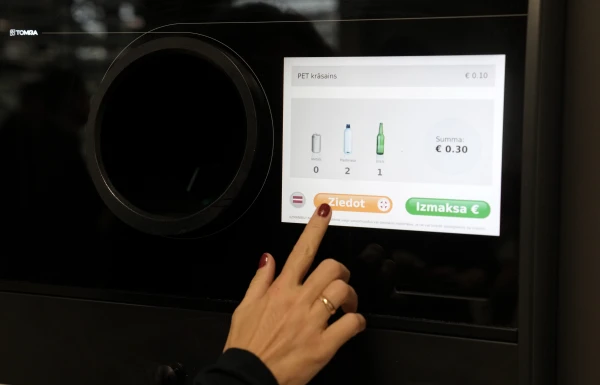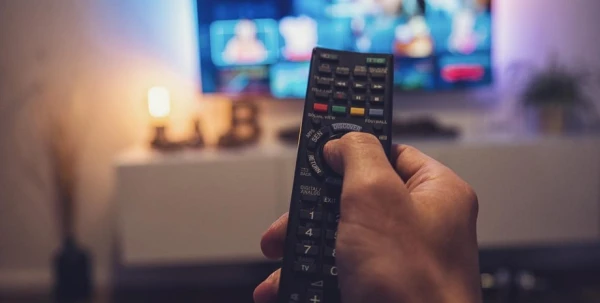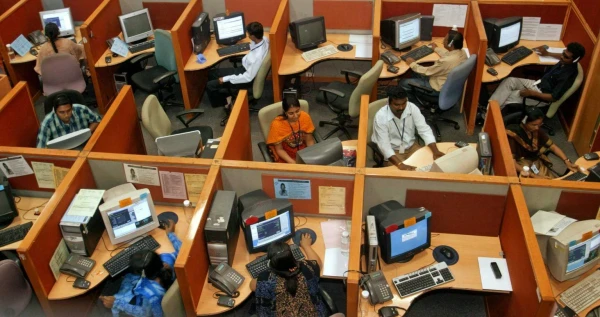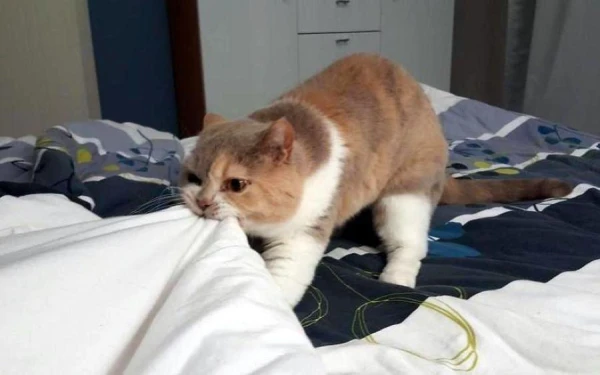
The world is experiencing an epidemic of digital fatigue. Many spend long hours with gadgets, not always realizing how it affects their mental health.
Together with Natalia Gubareva, a neurologist, we explore the consequences of excessive engagement with digital content and why digital hygiene is very important.
Back in 1996, long before the era of smartphones, the syndrome of information fatigue was discussed. This condition occurs when the brain can no longer cope with the constant flow of heterogeneous information. Symptoms primarily affect mental health: anxiety and emotional instability increase, the ability to concentrate decreases, and rapid fatigue and insomnia appear.
Today, we are dealing with digital fatigue — a decline in well-being due to constant use of smartphones, tablets, and computers. Statistics confirm the scale of the problem: 73% of Russians experience overload from excessive technology, and 61% admit they are dependent on gadgets and cannot imagine life without them.
Why Do the Brain and Sleep Suffer?
"People do not always use smartphones and other devices for study or work. For many, social media becomes a tool for escaping reality and pressing problems. Replacing an uncomfortable reality with a more appealing virtual picture leads people to consume more and more content," explains the expert.
We consume information passively as well: news feeds are endlessly updated, friends send posts, and recommendation algorithms throw new content our way. The brain, trying to process this, works itself to exhaustion. The result is chronic stress, increased anxiety, and sleep problems.
Gadgets negatively affect sleep for two more reasons. The first is the blue light from screens, which suppresses the production of melatonin, a key hormone that regulates circadian rhythms. A lack of melatonin makes it difficult to fall asleep and worsens sleep quality. The second is the emotional excitement from news, messages, or videos that prevents the brain from transitioning into sleep mode.
Decreased concentration and reduced productivity against the backdrop of an overload of digital information is a consequence not only of mental fatigue but also of the flow of notifications that fragment attention.
The Solution — Digital Detox
Digital detox — a conscious limitation of time spent with gadgets — helps improve the situation. Users themselves recognize its necessity. For example, surveys show that every second young person would not mind living in a world without the internet.
Most cannot completely give up technology, so it is important to learn to coexist with it without harming mental health.
Practical Steps to Digital Hygiene:
-
Set limits on screen time for entertainment apps and social media using built-in smartphone features.
-
Conduct a "clean-up": delete apps, chats, and channels that do not bring value or cause stress and anxiety.
-
Turn off intrusive notifications. Keep only the most important ones (e.g., calls) or switch your phone to silent mode.
-
Create a "ritual" before bed: at least an hour before going to sleep, put away all gadgets.
-
Learn to relax without your phone. Go for walks, engage in sports, cook, and communicate with loved ones in person. These activities truly restore the nervous system.













